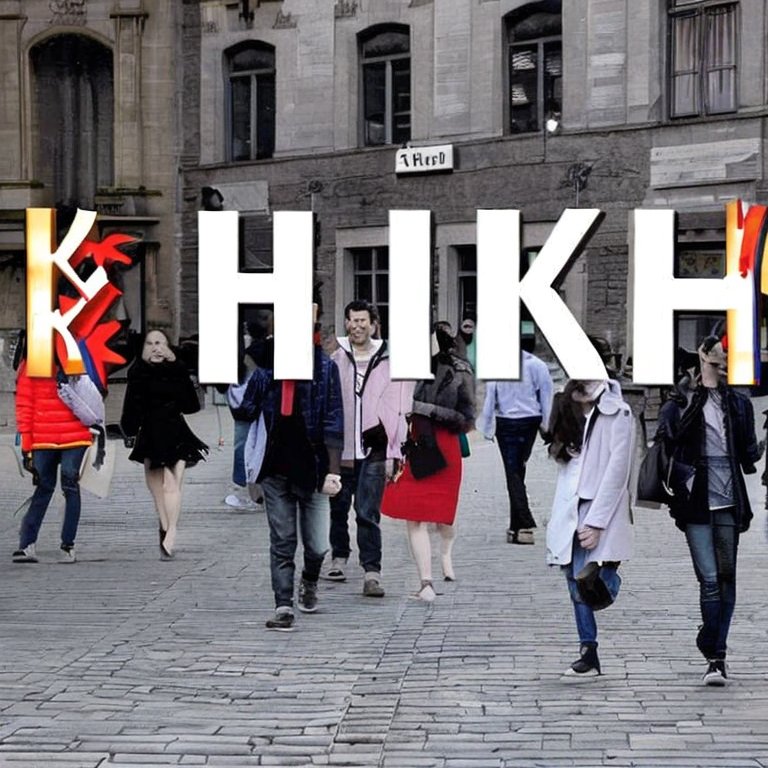& Data Sience
Artificial Intelligence: Systems like ChatGPT at the University of Hamburg
8 June 2023, by Chris Biemann

Stable Diffusion 2.1 Demo
The ongoing development of Artificial Intelligence (AI) is increasingly impacting society and presents a variety of opportunities and challenges. The University plays a central role in communicating and engaging the public on AI technologies.
ChatGPT is an advanced AI model based on OpenAI's GPT-3.5 architecture that offers a wide range of applications in natural language understanding and text generation. Research on this and similar AI-based models has been ongoing at the University of Hamburg for several years.
How does ChatGPT work?
In order to understand and respond to speech input, ChatGPT has been trained with countless data from the Internet. During this training, the data is broken down into individual words ("tokens") and the system learns from the patterns in which they occur: How are sentences structured? What do words mean in different contexts? By what it learns, the model can calculate probabilities for a next token and generate appropriate responses.
The University of Hamburg has long been studying the workings, ethical hurdles and legal frameworks of language models and artificial intelligence in general. Five researchers talk about their research focuses, how artificial intelligence will change research and what are currently the biggest obstacles.
Prof. Dr. Chris Biemann: Sprachtechnologie
Prof. Dr. Eva Bittner: Hybride Intelligenz
Prof. Dr. Tilo Böhmann: Wirtschaft
Prof. Dr. Anne Lauscher: Stereotype
Prof. Dr. Judith Simon: Ethik
